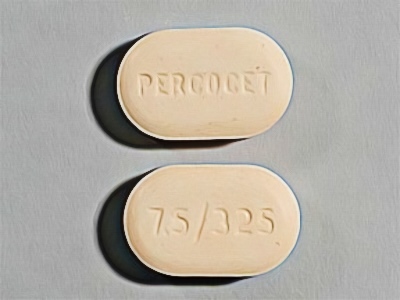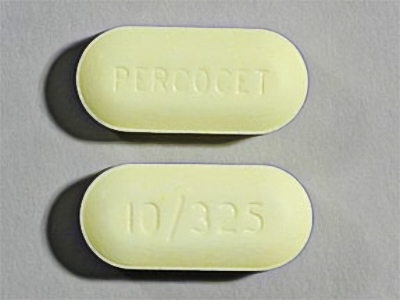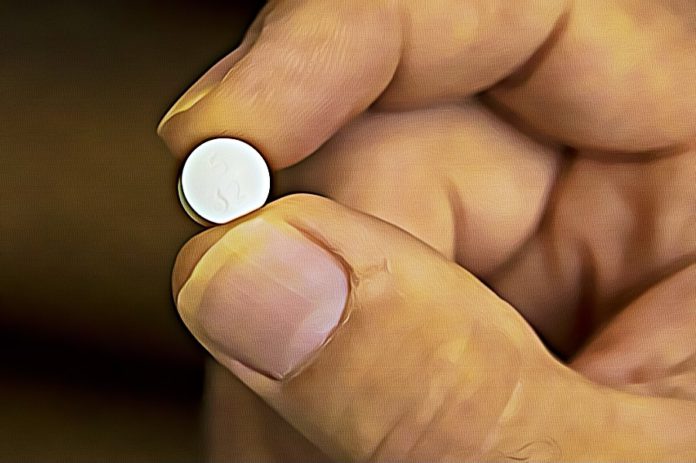Some opioid drugs are designed to improve a person’s quality of life as part of prescriptions by licensed medical professionals. These drugs are geared towards the management and treatment of pain. Unfortunately, some are so effective that patients end up abusing these drugs. It can lead to the decline of a person’s physical and mental health in the long run.
One example is Percocet, a powerful drug meant to reduce pain. This article will delve deep into Percocet to help you understand the dangers of a Percocet addiction.
What are the Side Effects?
Percocet comes with both short-term and long-term side effects. Any Percocet user can experience any of these symptoms, having one or more of them come at once.
The short-term side effects include weakness, mood swings, dry mouth, dizziness, blurred visions, stomachaches, nausea, and confusion. Long-term side effects include kidney failure, sexual dysfunction, osteoporosis, decreased testosterone in men, chronic constipation, and more. Long-term Percocet usage can also lead to a decline in attention span and recall skills, not to mention an inability to suppress inappropriate responses.
As a user, you may not actually experience all of these symptoms. However, note that some of these symptoms can become incredibly dangerous. For example, blurred vision and confusion can lead to fatal accidents. For that reason, it is important to avoid doing anything risky or when taking Percocet.
What is it used for?
Percocet is a prescription painkiller containing acetaminophen and oxycodone. Oxycodone is synthesized in a lab, unlike morphine or heroin made from the opium poppy plant.
Percocet is prescribed to those with moderate or severe pain. It is used if other treatments do not work. It can be prescribed when alternatives are believed to be ineffective or when patients cannot tolerate other alternatives. However, the drug is not meant for everyone. Percocet is not recommended for those with asthma, respiratory depression, sensitivity to any of its ingredients, hypercapnia, and dysfunctional intestines.
What is the Proper Dosage?
Dosages generally vary from one person to the other. Levels of pain can differ, as well as tolerance level. Percocet comes in various formulations, such as 2.5mg/325mg up to 10mg/325mg dosages. A doctor will assess your needs and bodily functions to determine your correct dosage.


Whatever the recommended formulations, however, you would normally have to take one or two tablets every four to six hours. However, a patient may keep taking the drug thinking it is not working, increasing their dosages in an attempt to manage their pain. Unfortunately, this can lead to an overdose that can be extremely dangerous. If you find that your use of Percocet does not seem to address the pain you are feeling, contact your doctor.
How long does Percocet stay in the system?
Percocet has a half-life of about three and a half hours in the bloodstream. However, that number will vary depending on the liver of the individual. A drug’s half-life is the time it takes for half the dose to be metabolized and leave the body.
In this case, it takes about three and a half hours for half the Percocet taken to be eliminated from the body. On average, it will take just under 20 hours for the drug to be entirely eliminated from the system. To be safe, 24 hours is a good number to know that Percocet has fully gone from the body.
Note that, although Percocet might be fully out of your bloodstream in 24 hours, it can still be detected in various places for much longer. For example, it can be detected in your saliva after two days when the dose is first taken. In your urine, it can be detected after four days and up to three months in your hair.
Why is Percocet addictive?
It is the opioid found in Percocet that makes the drug so addictive. They attach to the brain’s opioid receptors, which are responsible for the release of hormones that help a person feel euphoric and happy. This is similar to what other narcotics do, and that is the reason they are also addictive.
This euphoria can be incredibly powerful—the main reason many people become addicted to Percocet. Unfortunately, addiction to this drug is dangerous, which we will talk about next.
Is overdosing a real risk?
Previously, we talked about how long Percocet stays in your system by highlighting its half-life. Half-life is so essential because it can help patients avoid Percocet overdose.
Percocet is generally limited to 325mg per tablet. This is meant to reduce the risk of overdose, which occurs at around 4000mg or higher. Despite these smaller doses, overdosing is still a real danger and comes with various symptoms.
These symptoms include difficulty breathing, dizziness, excessive drowsiness, fainting, slowed or stopped breathing, or even the skin, lips, and fingernails turning blue. It can lead to irreversible liver damage and even death. If you are experiencing any of these symptoms, you must call a doctor immediately.
Conclusion
In summary, Percocet is an opioid drug meant to manage and control pain. Unfortunately, due to the drug’s ability to attach to the brain’s opioid receptors, addiction is a real risk. For those using the medicine, proper management and control of Percocet usage are vital to ensure addiction does not occur.
If you find yourself prescribed the drug, be wary of what can happen. Understand that addiction and overdose are dangerous. Use what you have learned today as a warning about what can happen if you take it too far.
If your dose of Percocet does not seem to work, do not attempt to increase the dosage past what is recommended by your doctor. Rather, contact them immediately for inquiries. Trying to increase the dosage by yourself can lead to addiction and overdose. Addiction to any drug is incredibly dangerous, but opioid substances even more so.
If you are experiencing any overdose symptoms or feel you might have overdosed on Percocet, get help immediately. Immediate assistance is needed to ensure that the drug does not do more damage to your body.
Sources:
















